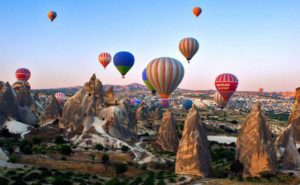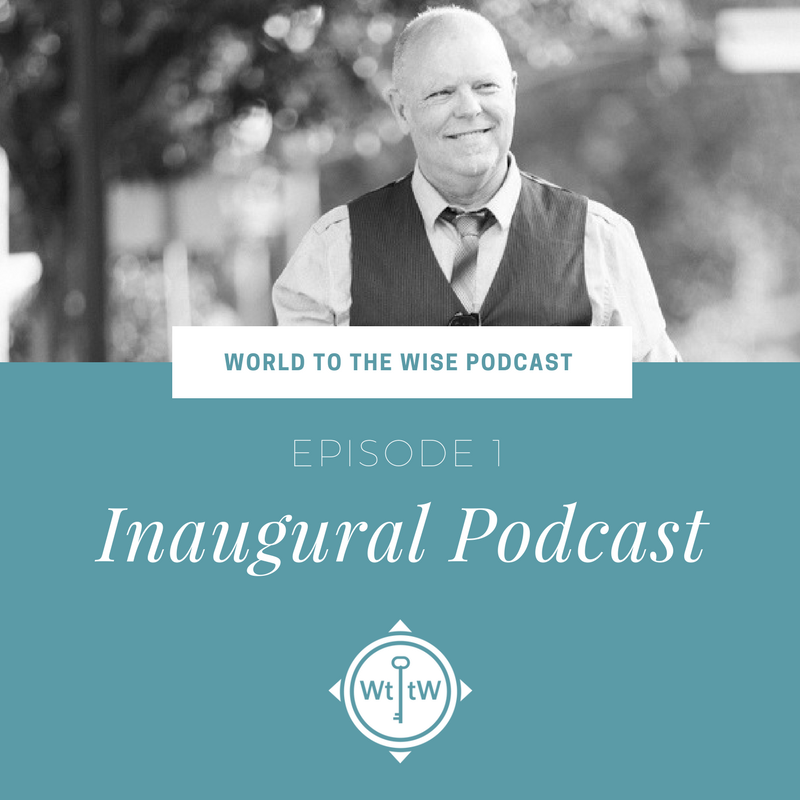I was at a symposium last night on Russian-American relations moving from the Obama years into the Trump era. While most of Dr. Mark Katz's remarks and the questions asked of him centered on Trump and Putin's relationship and speculation about what that might look like moving forward, one question was asked that got me thinking about stereotypes. The question was something to the effect of, "How fair is it for Americans and other Westerners to believe that Putin's strong man persona is representative of the Russian people and culture?" The question put its finger on a common and universal tendency: to assume that everyone in a given group or culture is the same. We would of course deny that we think in such base and ignorant terms, but most of us are guilty of this at one time or another.
In the case of Vladimir Putin, we might think that most all Russians only understand the language of power and force, as Putin's MO is widely believed to be. And it is true that there are many Russians who are glad to have a leader who stands up to the West and is committed to restoring Mother Russia to her former glory.
But there are probably just as many Russians who would like a "kinder and gentler" leader who doesn't enjoy provoking the West and suppressing dissent. The few Russians I know personally are kind, caring people who have mixed feelings about their president -- like most of the world feels about its leaders. Some will point out that Putin is a vast improvement over his predecessor, Boris Yeltsin.
We could think of other examples of stereotypes. Are all Germans super organized and efficient, with a hard exterior? Nope.
Are all Japanese workaholics? Nope. Not quite!
Are all Australians laid back? I don't think so, but I'm still looking for an uptight Aussie.
Aha. So here we see that there is often a kernel of truth to certain stereotypes. There is usually a reason why they were formed in the first place. The truth is that stereotypes can at times be useful, up to a point. If I were putting together an international team, I wouldn't be wrong to go to Switzerland or Germany to look for an administrative type, for example. International marketing firms will tell you that stereotypes based on studies and market research prove invaluable in their marketing strategies.
But stereotypes can just as often get us into trouble. Chances are, as soon as we allow the stereotype to take shape in our minds, one or more exceptions will present themselves.
In the current dialogue in the US about race, this is particularly dicey. It's a little too easy to assume all members of a certain race feel or behave the same way (racial profiling comes to mind). Polls and surveys and market research may help, but true understanding won't come until we sit down and listen to each other.
I'm going to have just such an opportunity on Jan 27, when I have been invited to moderate a round table discussion on the current state of race relations in the US, including in the American church. If you're in the Nashville area, we'd love for you to join us. Details here.

















